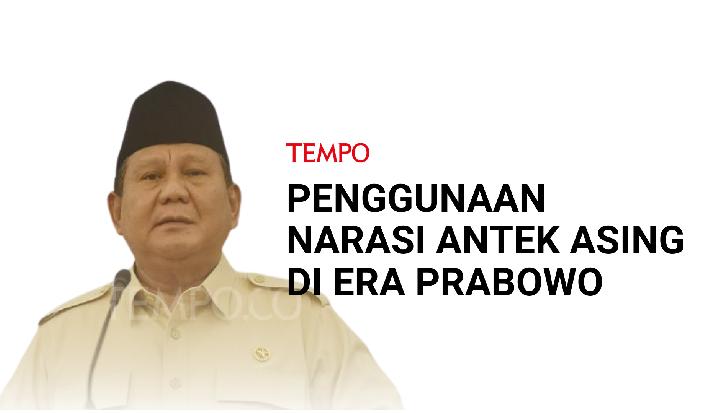Baca berita dengan sedikit iklan, klik di sini
TEMPO.CO, Jakarta -
Baca berita dengan sedikit iklan, klik di sini
Only in Indonesia, the government is busy managing the hajj, an annual Islamic pilgrimage to Mecca, Saudi Arabia. We even have a special law governing the organization of Hajj and Umrah (minor) pilgrimages. This law grants significant discretion to the Minister of Religious Affairs in managing the quotas allocated by the Saudi government.
Baca berita dengan sedikit iklan, klik di sini
Baca berita dengan sedikit iklan, klik di sini

Under this law, there are two types of hajj: regular hajj and special hajj. Regular hajj receives subsidies covering nearly half of the travel costs per pilgrim, amounting to almost Rp100 million, while special hajj follows market prices. It is this discretion and the special hajj route that become an opportunity for corruption and abuse of power.
This year, the Saudi government has allocated an additional 20,000 hajj quotas for Indonesia. This addition was intended to be a blessing for prospective pilgrims, as it would shorten the long waiting time. People living in Bantaeng could only go to Mecca by 2060. The additional quota, increasing the number to 241,000, makes Indonesia the country with the largest number of pilgrims in history.
Upon receiving this additional quota, the Religious Affairs Minister immediately divided it equally into regular and special hajj quotas. However, the issue arose when the additional quota for special hajj exceeded the agreement made with the House of Representatives (DPR) late last year. According to the agreement, the maximum number for special hajj was 8 percent, or 19,280 people, as stipulated in Article 64 of the Haj and Umrah Implementation Law. With an additional 10,000 people, the number of special haj pilgrims reached 27,680.
The DPR immediately took issue with this breach. They quickly formed a special committee to investigate, including the chaos during the hajj pilgrimage that left pilgrims stranded and underserved. To mitigate the situation, officials from the Ministry of Religious Affairs, supported by haj travel agents, lobbied DPR members by offering bribes.
These bribes appeared because regulations always provide an opportunity for corruption. In the Haj Law, travel agents are allowed to ask for additional payment from prospective pilgrims in line with the services they offer. This discrimination is what causes the long queues for haj. Those who are unable to afford the cost of the special haj route have to wait far longer than those who are wealthy enough.
How does this bribery scheme work and what are its implications? We discuss this in detail in this week’s edition.
Enjoy the magazine.
Bagja Hidayat
Deputy Chief Editor
COVER STORY
Controversy Over the Special Haj Quota
The 2024 haj pilgrimage is marked by confusion over the special haj allocation. There are suspicions of distributions of haj quota shares and commission payments to DPR members.
ECONOMY
Wary of Collecting Protection Tariffs
Several ministries are waiting for each other over the implementation of trade protection import duties. There is fear of retaliation from competing countries.
LAW
El Chapo Drug Cartel of Mexico Invades Indonesia’s Market
International drug networks are invading Indonesia. The Sinaloa Cartel from Mexico delivered methamphetamine concealed in a ceramic package.
ENVIRONMENT
The Environmental Impacts of IKN Project to Neighboring Island
Development for the IKN project is impacting Central Sulawesi. The excavation of rock and sand is becoming increasingly massive to supply construction materials for the new capital city.
Read at Tempo Magazine:



















